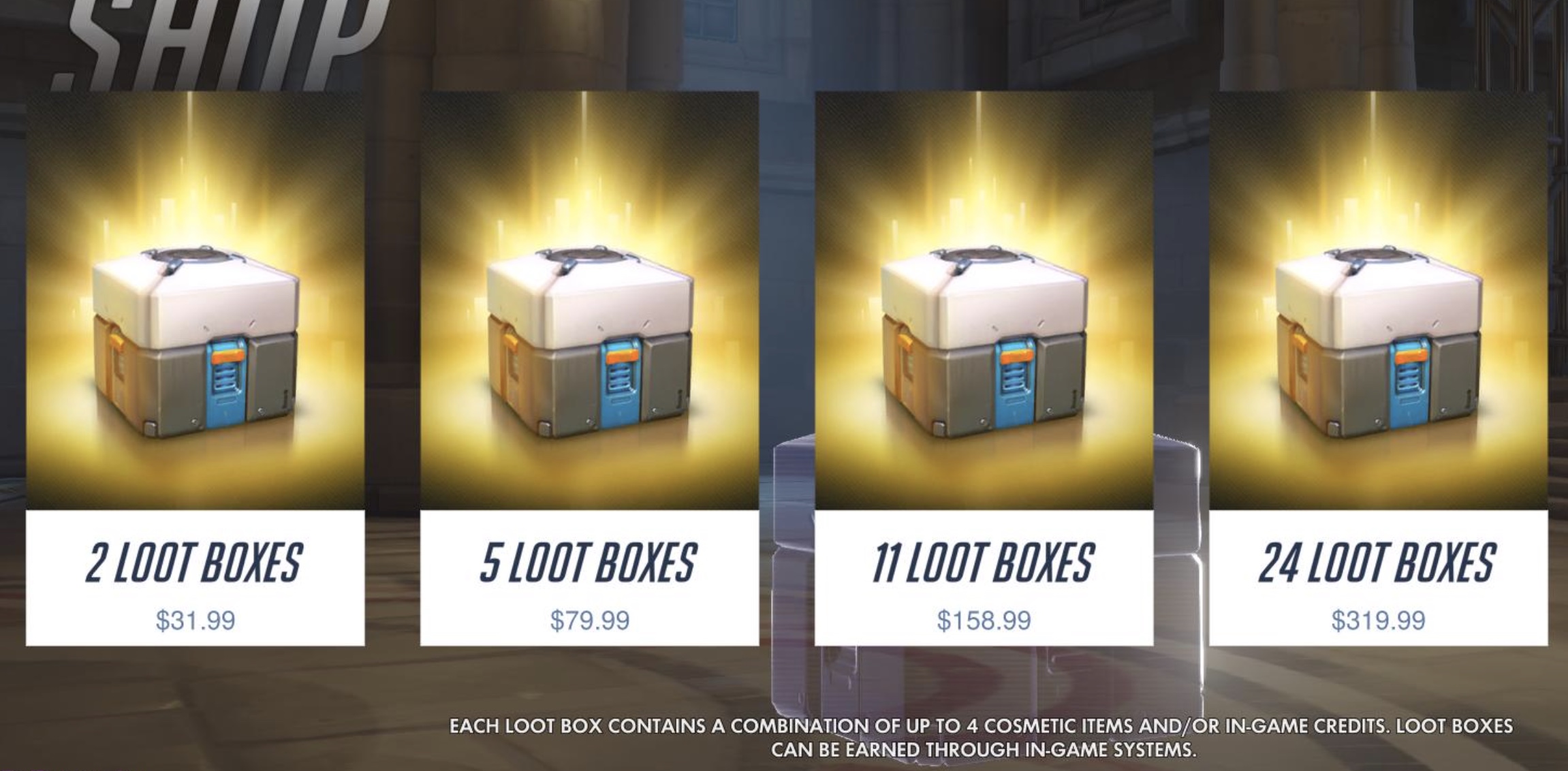A newly released report from the Norwegian Consumer Council on the ongoing impact of loot boxes on the games industry shows that it is backed by 20 consumer groups in 18 European countries.
The report also gives an outline of the history of monetisation in games, as well as how practices around loot boxes and in-game currency have evolved in “exploiting consumers.”
It highlights “deceptive design” in games, tricks that “exploit cognitive or behavioral biases in incentivise spending.” In games, loot boxes are frequently marketed aggressively by “advertising the possible rewards” that players can get, which the report also considers to be deceptive.
FIFA 22 highlighted
Two case studies of predatory practices in particular are also included in the document. It shows how loot boxes are implemented in games like FIFA 22 and Raid: Shadow Legends, as well as the problems it presents.
The report concludes by listing several actions that the industry and its regulators can take in order to improve the landscape around loot boxes in games. It includes:
• Banning the aforementioned “deceptive design”.
• Indicating all in-game purchases in real-world currency.
• Not implementing loot boxes in games aimed at minors.
• More transparency around algorithms that determine the outcome of a purchase.
• More enforcement around consumer rights in games.
It also states that if these solutions do not put an end to the issues, the games industry should consider placing a ban on paid loot boxes in games entirely.
Talks surrounding loot boxes and its legality have been going on for quite some time. In 2018, the Belgian Gaming Commission ruled that the implementation of loot boxes in games breached multiple gambling laws of the country.
Also in 2018, EA was forcefully involved in a four-year long discussion on whether FIFA’s card packs should be considered gambling under Dutch legislation. However, it was agreed that loot boxes are not subject to gambling laws if they abide to a certain criteria.
Ever since, a couple of publishers such as Blizzard, Konami and Nintendo have halted the sales of loot boxes in Belgium and other territories that no longer allow it under law.
New gambling laws
In 2021, a UK report also dubbed loot boxes as “structurally and psychologically akin to gambling,” and called for new policies to be put in place, including a clear definition of what a loot box is, full disclosure of the odds when purchasing them, and spending limits in games.
The UK government also called for evidence on loot boxes ahead of a potential review of gambling laws in the country, the results will be revealed later this year. Also in Australia, a similar proposal was put forward in 2021 that would see loot boxes banned from games targeted at kids.
Isa Muhammad is a writer and video game journalist covering many aspects of entertainment media including the film industry. He's steadily writing his way to the sharp end of journalism and enjoys staying informed. If he's not reading, playing video games or catching up on his favourite TV series, then he's probably writing about them.



































